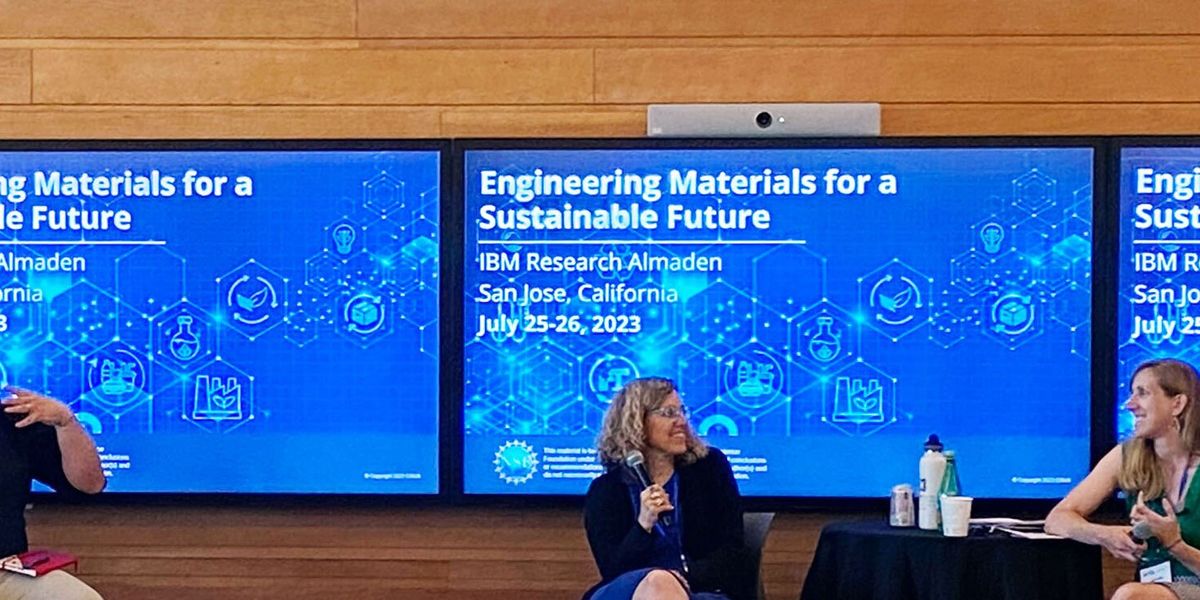A quick glance at the news headlines each morning might convey that the world is in crisis. Challenges include climate-change threats to human infrastructure and habitats; cyberwarfare by state and nonstate actors attacking energy sources and health care systems; and the global water crisis, which is compounded by the climate crisis. Perhaps the biggest challenge is the rapid advance of artificial intelligence and what it means for humanity.
As people grapple with those and other issues, they typically look to policymakers and business leaders for answers. However, no true solutions can be developed and implemented without the technical expertise of engineers.
Encouraging visionary, futuristic thinking is the function of the Engineering Research Visioning Alliance. ERVA is an initiative of the U.S. National Science Foundation’s Directorate for Engineering, for which I serve as principal investigator. IEEE is one of several professional engineering societies that are affiliate partners.
Engineers are indispensable architects
Engineers are not simply crucial problem-solvers; they have long proven to be proactive architects of the future. For example, Nobel-winning physicists discovered the science behind the sensors that make modern photography possible. Engineers ran with the discovery, developing technology that NASA could use to send back clear pictures from space, giving us glimpses of universes far beyond our line of sight. The same tech enables you to snap photos with your cellphone.
As an engineer myself, I am proud of our history of not just making change but also envisioningit.
In the late 19th century, electrical engineer Nikola Tesla had envisioned wireless communication, lighting, and power distribution.
As early as 1900, civil engineer John Elfreth Watkins predicted that by 2000 we would have such now-commonplace innovations as color photography, wireless telephones, and home televisions (and even TV dinners), among other things.
“If we are going to successfully tackle today’s most vexing global challenges, engineers cannot be relegated to playing a reactive role.”
Watkins embodied an engineer’s curiosity and prescience, but too often today, we spend the lion’s share of our time with technical tinkering and not enough on the bigger picture.
If we are going to successfully tackle today’s most vexing global challenges, engineers cannot be relegated to playing a reactive role. We need to completely reimagine how nearly everything works. And because complex problems are multifaceted, we must do so in a multidisciplinary fashion.
We need big ideas, future-focused thinking with the foresight to transform how we live, work, and play—a visionary mindset embraced and advanced by engineers who leverage R&D to solve problems and activate discoveries. We need a different attitude from that of the consummate practitioners we typically imagine ourselves to be. We need the mindset of the futurist.
Futuristic thinking transforms society
A…
Read full article: Engineering Needs More Futurists – IEEE Spectrum

The post “Engineering Needs More Futurists – IEEE Spectrum” by Dorota A. Grejner-Brzezinska was published on 05/07/2024 by spectrum.ieee.org



































